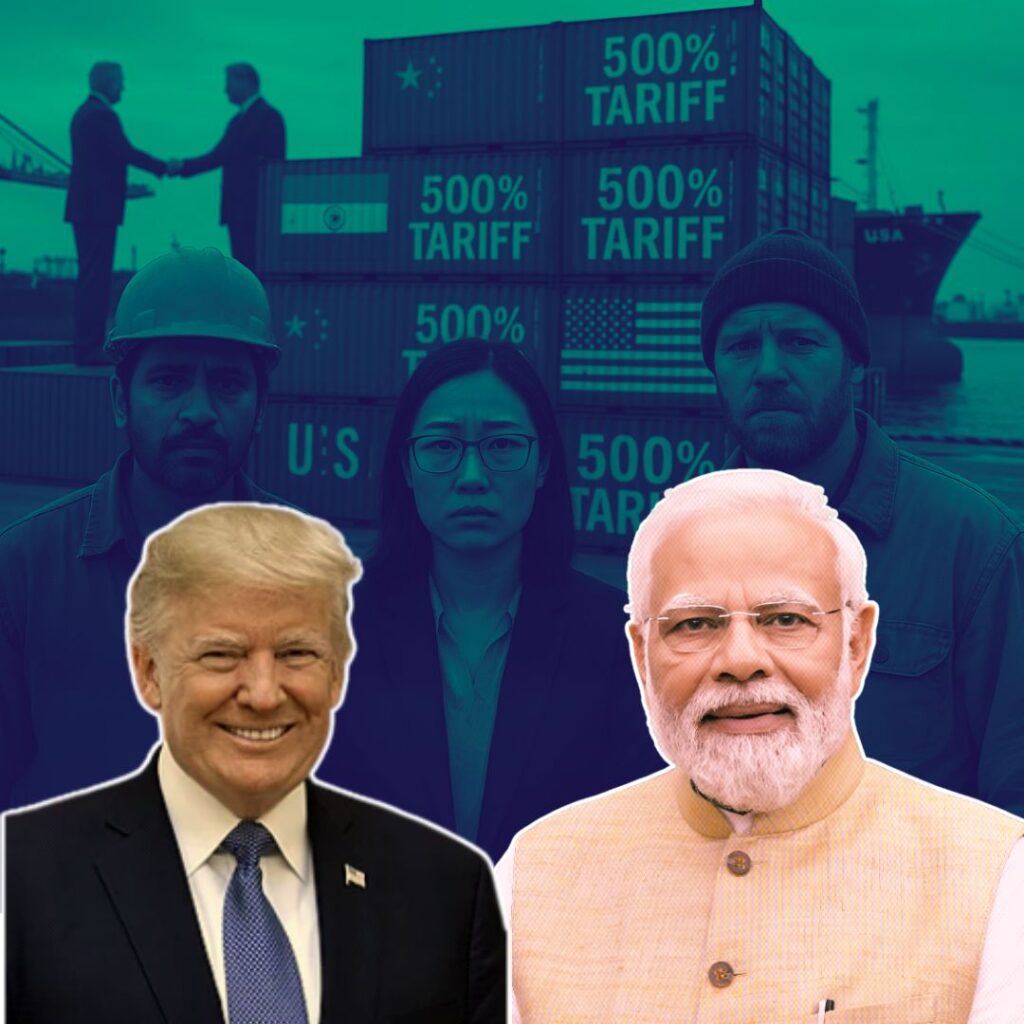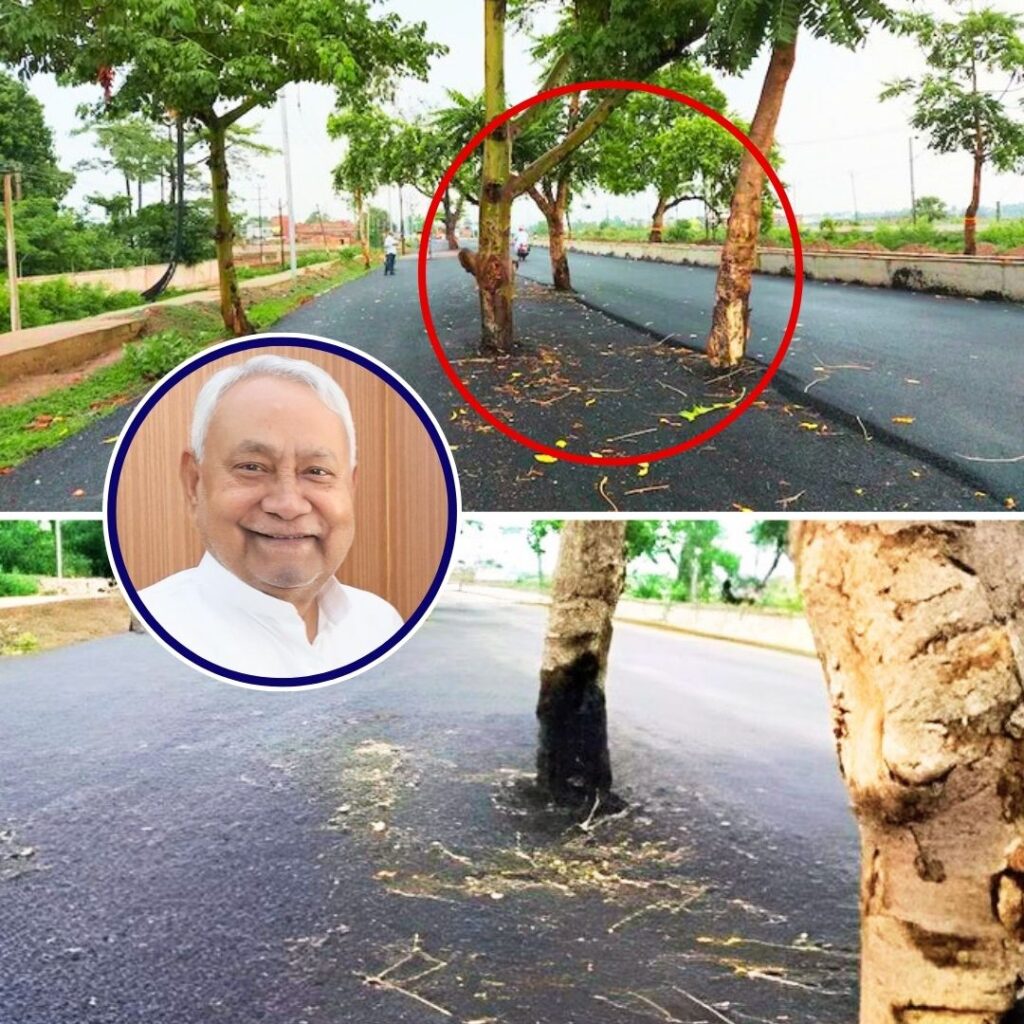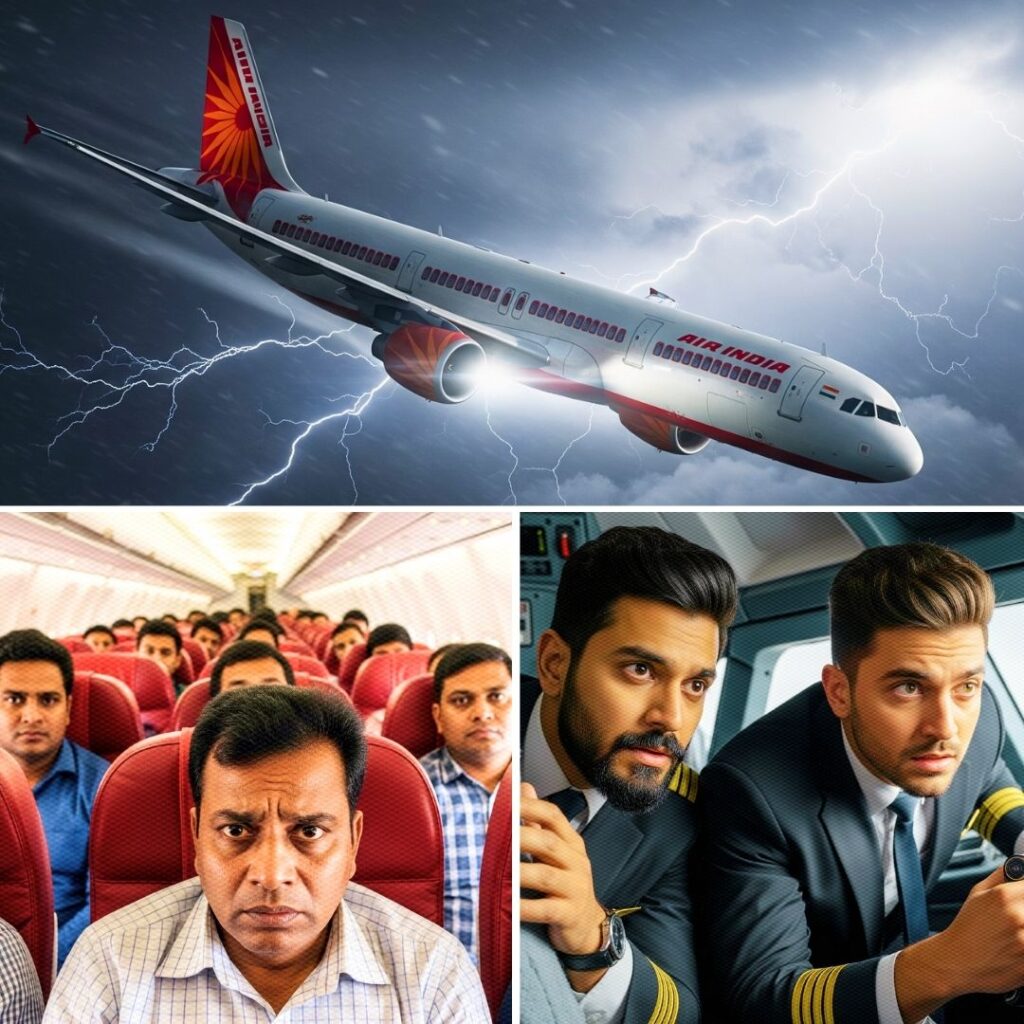‘Atal Bihari Vajpayee,’ the name and the man carries so many sentiments for the 21st century Indians. He served as Prime Minister of India thrice, from a term of mere 13 days in 1996 to a full term in 1999-2004. An outstanding orator, born in 1924 saw India growing in front of his eyes. He was known to millennials as well as elderly for his prose, poem, and politics of India.
The founding father of Bhartiya Janata Party, Atal Bihari Vajpayee served as a member of parliament in Lok Sabha ten times in his political career. Moreover, he was also elected to Rajya Sabha twice. He created history by becoming the first non-Congress prime minister of India to serve a full-term. He was conferred India’s highest civilian honour Bharat Ratna by then President Pranab Mukherjee in 2015. In 2014, his birthday, 25th December was declared as Good Governance Day. The life journey of Atal Bihari Vajpayee was synonymous with the journey of independent India. The Logical Indian pays a tribute to the ‘Bhishma-Pitamah’ of Indian politics.
British India and the birth of Atal Bihari Vajpayee
In 1924, around 23 years before India’s independence from British Raj, Atal Bihari Vajpayee was born in Gwalior, MP. Growing up, he witnessed and participated in the fierce freedom struggle. He and his elder brother Prem were arrested by police in 1942 for more than 20 days as they participated in Quit India Movement and were released only after they signed an undertaking which stated that they were just a part of the crowd, not the participant in the struggle. In fact, he was politically active since his adolescence. 16-year-old Vajpayee, influenced by Baba Saheb Apte, was a vigorous member of Rashtriya Swayamsevak Sangh (RSS).
Young Atal Bihari Vajpayee India’s independence and Vajpayee’s youth
Just a year after India’s independence, in 1948, RSS, the Hindu right-wing organization with which Vajpayee was affiliated, was banned for its alleged role in the assassination of Mahatma Gandhi. As a result of that, in 1951, he was seconded by RSS to establish Bhartiya Jana Sangh. Bhartiya Jana Sangh was a political arm of RSS and parent organization of current day BJP.
In his youth
In 1957, finally, Atal Bihari Vajpayee was elected to Parliament from Balrampur after losing the Mathura seat. It is then when Jawaharlal Nehru noticed Vajpayee and predicted that the young man would someday become Prime Minister of India. In 1968 when India was under the leadership of Indira Gandhi, Parliament was impressed by eloquent Vajpayee and his rhetoric skills. Very soon, he became the voice of opposition.
With Indira Gandhi Atal Bihari Vajpayee during the emergency in India
As president of Jana Sangh, Atal Bihari Vajpayee was arrested along with other leaders during the internal emergency imposed by then Prime Minister Indira Gandhi. After fighting the emergency era, the ‘Janata Alliance’ formed a government in 1977. Under Morarji Desai government, Vajpayee for the first time served as a cabinet minister. As External Affairs Minister, Vajpayee was the first Indian to deliver a speech in the UN General Assembly in Hindi in 1977. By the time ‘Janata Alliance’ crumbled because of political infighting, Vajpayee was already a known face in India.
Historic speech at UN
The formation of Bhartiya Janata Party
After internecine political wars within Janata Party, Atal Bihari Vajpayee decided to abandon it. Along with L.K. Advani and Bhairon Singh Shekhawat, he formed the Bhartiya Janata Party (BJP) in 1980. Despite being a strong political opponent to Indira, the BJP only managed to get two parliamentary seats in 1984 general elections. After the crushing defeat, BJP began its ‘Ram Janambhoomi Mandir Movement’. All fractions of the right-wing political organizations in India joined hands to build a temple dedicated to Lord Ram in Ayodhya. In December 1992, the Babri Masjid in Ayodhya was demolished. Vajpayee categorically denied involvement in the unconstitutional act. However, according to a Scroll report, the tall BJP leader gave an alleged hate speech on 5th December 1992 in which he told BJP ‘kar sevaks’ the need to ”level the ground” and in fact, talked about ”sharp-edged boulders.” He ended the speech with “I don’t know what will happen there tomorrow. I wanted to go to Ayodhya but I was told to go to Delhi.” Atal Bihari Vajpayee’s speech had raised obvious question marks.
After this, BJP went on to win the May 1996 parliamentary elections.
Vajpayee as Prime Minister of India
First-term – 13 days: After winning elections in 1996, Atal Bihari Vajpayee managed to form a government, but it lasted just for 13 days as he failed to get the majority on the floor of the House.
Second term – 13 months: In 1998 elections, BJP again managed to emerge as the single largest party. Vajpayee again was sworn in as the Prime Minister of India but 13 months later, in April…











